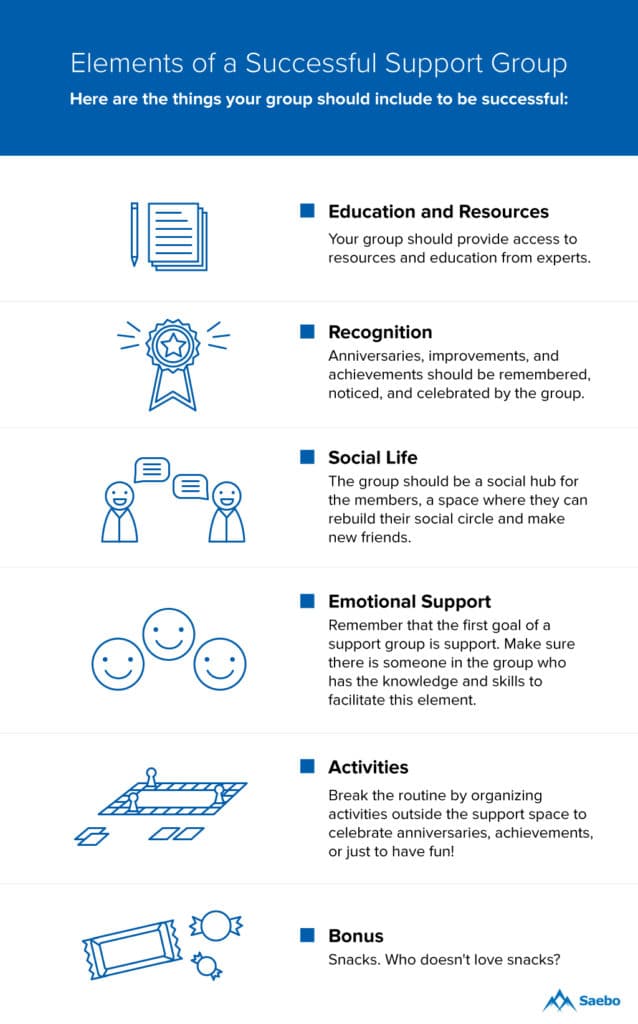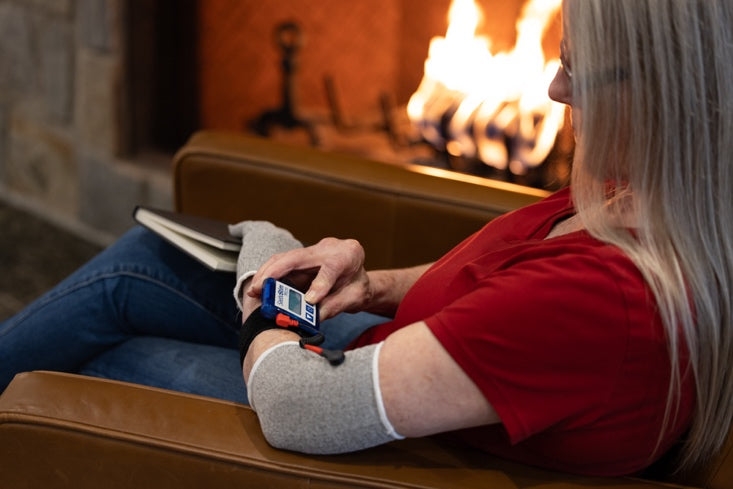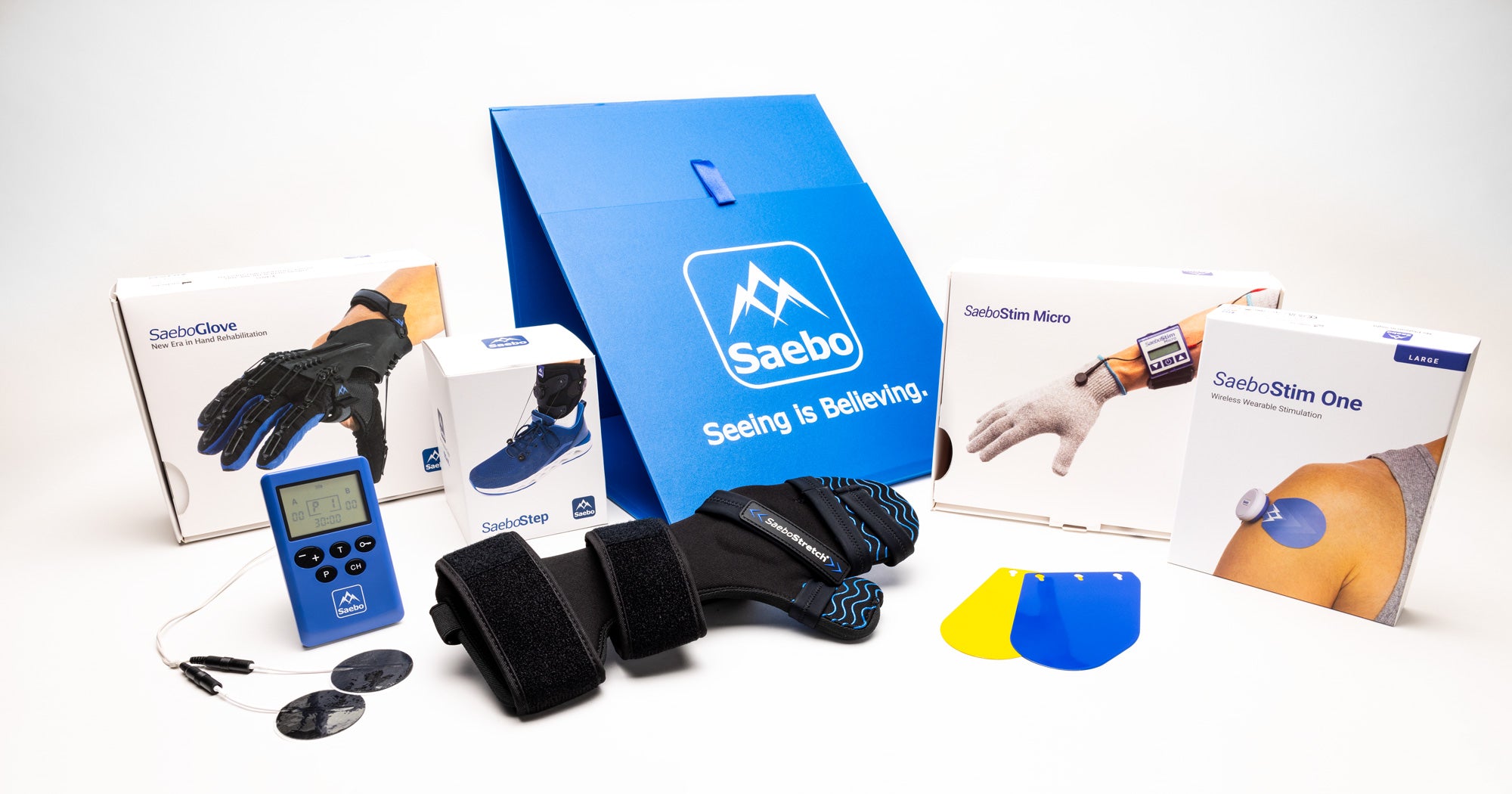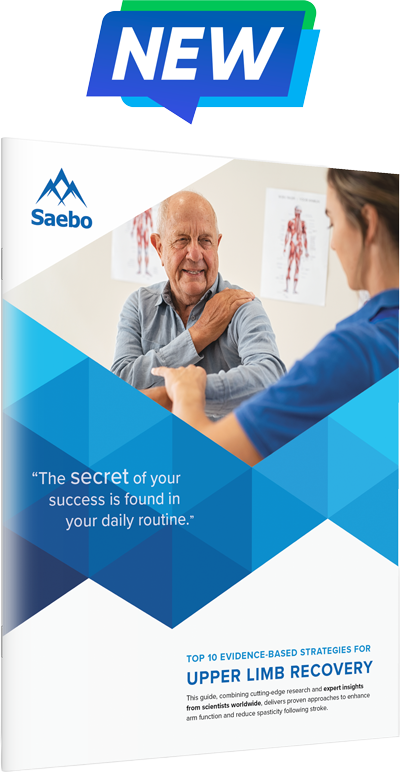How to Start a Stroke Support Group


Mental health professionals know that support groups are an effective way to cope with the stresses, changes, and challenges of going through major life events, like a stroke.
Support groups provide a space where you can talk freely about your challenges and issues without being judged. Sharing with others facing the same situation can give you a sense of empowerment and control, and in turn can reduce stress and depression.
Not everyone copes with stroke events the same way. A support group is a great way to get to know other survivors and to learn how different people deal with their situation. The open, non-judgemental nature of a support group is one of the best ways to feel that you're not alone.
How Support Groups Help

One of the risk factors for a difficult recovery after a stroke is social isolation. Humans are social animals; we need plenty of contact and connection with one another to thrive. But for stroke survivors who may have a wide range of disabilities, social contact can be difficult—even when your family is helping. That's why support groups are so important.
Support groups have a long list of benefits:
- They counter loneliness and isolation.
- They provide a non-judgmental, compassionate space where you can talk about your feelings.
- They give you ways to improve your coping skills and help you adjust to your new situation.
- They are known to reduce stress, anxiety, depression, and fatigue.
- They give you access to different information about doctors, treatments, and other resources in your community you may not have known about.
- They help you make new friends who share your situation.
Getting Started
The first thing you want to do is look for support groups in your area. The National Stroke Foundation has a database of groups all over the U.S. and Canada.
If there are no support groups close by, or you don't want to join those that are already going, you can start your own group. This is a challenging but rewarding task, as you'll be responsible for improving many people's lives! You can follow the steps below to get your group going.
Ask around for help. You may feel like you can't do it all; that's okay. That's why you ask family members, friends, and health professionals for help. Contact other survivors and ask if anyone else wants to be involved. For things to run smoothly, you'll want at least two or three people willing to help you organize the group.
Find an adviser. Running support groups requires some specific skills and knowledge. A social worker or therapist specialized in helping stroke survivors is a good resource to give you the information you need.
Find a space. Begin with your neighborhood’s or town's community center. They often have rooms to rent for free, or at very low rates, for support groups like yours. Churches, libraries, and schools also sometimes open their doors for support groups for a low fee. If none of these work, a private room in a coffee shop, restaurant, or event center can work, but the financial cost is often higher.
Set up the planning committee. A successful support group is the work of a variety of people coming together to help stroke survivors. Everyone's experience is valid and important, so make sure your committee includes survivors, family members, caregivers, therapists, social workers, and psychiatrists.
Pick a date. Once you have a space, a planning committee, an advisor, and enough interest from stroke survivors, you can pick a date for the first meeting. There are many online tools that let you poll people for the best time to have a meeting such as Doodle.com.
Write the agenda. The first meeting should clarify the purpose of the group, its basic rules, and its goals. You should also spend some time getting to know each other.
Elements of a Successful Group
Here are the things your group should include to be successful:
Education and resources. Your group should provide access to resources and education from experts.
Recognition. Anniversaries, improvements, and achievements should be remembered, noticed, and celebrated by the group.
Social life. The group should be a social hub for the members, a space where they can rebuild their social circle and make new friends.
Emotional support. Remember that the first goal of a support group is support. Make sure there is someone in the group who has the knowledge and skills to facilitate this element.
Activities. Break the routine by organizing activities outside the support space to celebrate anniversaries, achievements, or just to have fun!
Bonus: Snacks. Who doesn't love snacks?

Support Yourself and Others
Starting a support group is not easy, but the results are very rewarding. You are helping yourself and potentially many others by making connections between survivors, caregivers, and professionals in a less formal setting than the hospital or clinic.
All content provided on this blog is for informational purposes only and is not intended to be a substitute for professional medical advice, diagnosis, or treatment. Always seek the advice of your physician or other qualified health provider with any questions you may have regarding a medical condition. If you think you may have a medical emergency, call your doctor or 911 immediately. Reliance on any information provided by the Saebo website is solely at your own risk.
All content provided on this blog is for informational purposes only and is not intended to be a substitute for professional medical advice, diagnosis, or treatment. Always seek the advice of your physician or other qualified health providers with any questions you may have regarding a medical condition. If you think you may have a medical emergency, call your doctor or 911 immediately. Reliance on any information provided by the Saebo website is solely at your own risk.




